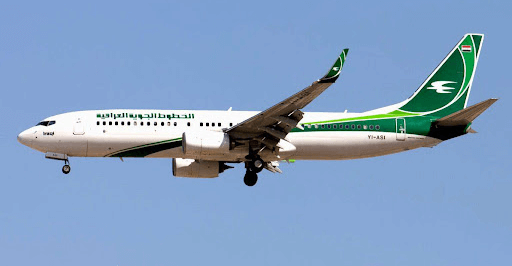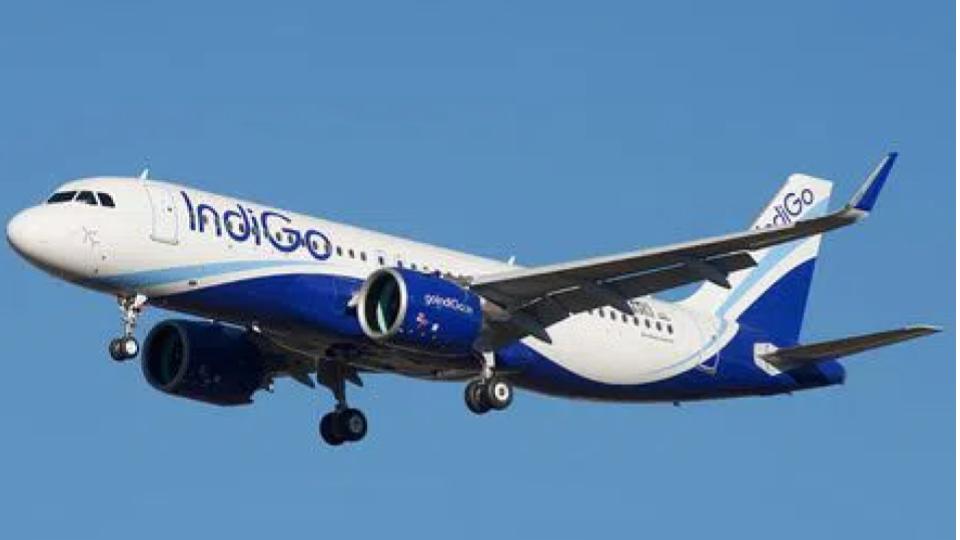Israel-Iran conflict: Iraqi airspace reopens as regional tensions ease, flights resume across Kurdistan
Wed 25 Jun 2025, 00:26:33

Iraqi airspace is once again open to international flights, marking a key step toward restoring regional aviation stability after nearly two weeks of closure due to escalating conflict between Israel and Iran. On Tuesday, the Iraqi Civil Aviation Authority confirmed that operations had resumed across all airports in Iraq and the Kurdistan Region, including Erbil, Sulaimani, and Kirkuk.
The reopening follows a comprehensive security review and coordination with both national and international aviation bodies. The decision comes a day after U.S. President Donald Trump announced a ceasefire agreement between Iran and Israel, which took effect Tuesday morning and includes five phases aimed at de-escalation.
Flights had been grounded since June 13, when hostilities erupted following Israeli airstrikes in Iran that killed senior military commanders and nuclear scientists. Iran responded with missile attacks on Israel and a U.S. airbase in Qatar, prompting heightened regional security concerns and the immediate suspension of flights over Iraqi territory.
The first confirmed post-reopening flight departed from Erbil International Airport to Sofia, Bulgaria, at 3:30 PM local time on Tuesday. Airport
officials in Erbil, Sulaimani, and Kirkuk reported that operations are now considered safe and are gradually returning to normal.
officials in Erbil, Sulaimani, and Kirkuk reported that operations are now considered safe and are gradually returning to normal.
“We’ve been informed by Iraqi authorities that flights are restarting,” an Erbil airport official told Rudaw. Sulaimani International Airport also confirmed receiving official notice from Baghdad at 10:30 AM Tuesday, with carriers now working to restore flight schedules. Kirkuk airport spokesperson Hirdi Samed said that full flight schedules are expected to resume in the coming days.
According to Dilan Rashad, spokesperson for the Kurdistan Regional Government’s transport ministry, the 10-day airspace closure led to the cancellation of 1,283 flights — 1,184 from Erbil and 99 from Sulaimani.
Oman Air was among the first carriers to confirm resumed flights following the ceasefire announcement, signaling broader normalization in regional air travel. While Iranian airspace has also reopened for international flights to and from Tehran, access remains subject to prior authorization.
The resumption of air traffic across Iraq and the Kurdistan Region is expected to significantly ease flight disruptions and improve connectivity across the Middle East.
No Comments For This Post, Be first to write a Comment.
Most viewed from National
Most viewed from World
AIMIM News
Latest Urdu News
Most Viewed
May 26, 2020
Where should be the burial of the pilgrims martyred in the Saudi Arabia bus accident?
Latest Videos View All
Like Us
Home
About Us
Advertise With Us
All Polls
Epaper Archives
Privacy Policy
Contact Us
Download Etemaad App
© 2025 Etemaad Daily News, All Rights Reserved.











.jpg)

























.jpg)
.jpg)
.jpg)


